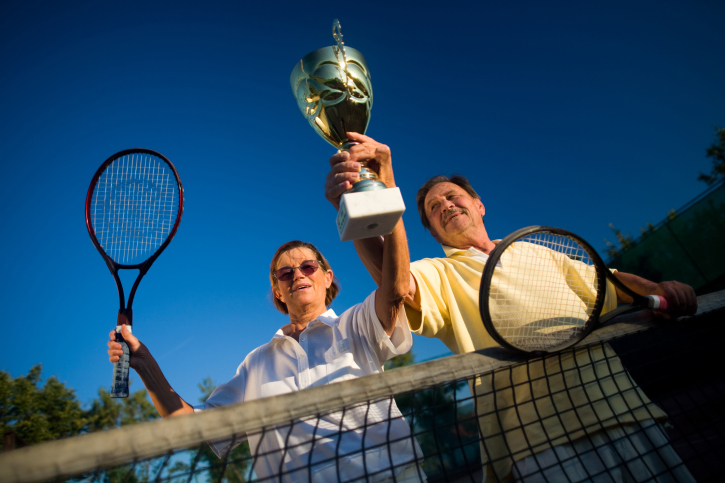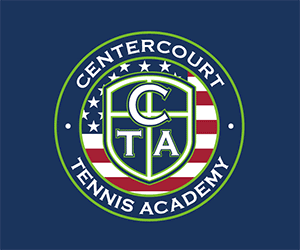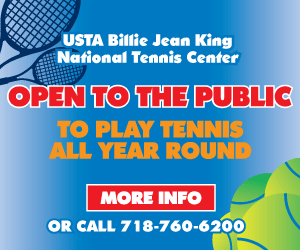In Search of … a Good Tennis Partner

Do you make a distinction between your tennis partners and opponents? Are you happy with your choices?
Many recreational players find themselves on court with people who are available at a given time on a given day. So, in essence, your personal schedule determines whom you play with. But a little thought about your choices can improve your tennis experience.
If you are a regular tournament player, you cannot choose your opponents. Hopefully you are working on the weaker points of your game and are concerned with your opponent’s skills. But competitors can present behavior issues as well.
There are players who enjoy playing games within the game. They believe they have the right, and even the obligation, to bend and twist the rules. I have played men who stall between points to catch their breath. Or, have you met the guy who makes bad calls just to disrupt your rhythm? I lost to a man in a regional tournament who answered his phone during a changeover and spent two minutes discussing travel arrangements with his wife. I often walk away from these matches feeling as if I had bathed in raw sewage.
Responding to this type of gamesmanship requires a different set of skills, a skill set which you may choose not to develop. No, hitting your opponent instead of the ball with your racket is not a recommended skill. So, sanctioned tournaments might not be for you.
Recreational tennis matches are not necessarily free of these behaviors either, but since the stakes are different and your response is less governed by the rules, your experience can still be rewarding. If you don’t cave in to the local court bully, he may be the one to go home feeling unfulfilled.
Choosing a practice partner sets up a different set of expectations. Before starting your session, you should establish what you both hope to accomplish during the next few hours. Beware of players who think it is your job to feed them balls so they can practice their shots. My worst example of this was the man who insisted I feed him balls up the middle so he could “zing” his forehand away into the corner. You may have practiced with a man who expresses his displeasure every time you do not feed a ball into his wheelhouse. Formulate a practice plan, and if your partner won’t stick to it, then change partners.
Recreational players play more doubles than singles. You should try to choose a partner who plays tennis for the same reasons as you do.
Do you know why you play tennis? Striking a ball is not always at the top of my list. I enjoy the exaggerated breathing, and the fluidity I sometimes feel as I move around a tennis court. I have very few self-delusional moments when I dream of standing in Arthur Ashe Stadium holding up a trophy.
Practicing and playing often merge for me. During a long rally, I may decide to change the pace or direction of my shot to see if I can produce a creative winner. I do not partner well with people who believe that “Up the middle solves the riddle” is the answer to every tennis problem.
Try to play with a partner whose ethics are similar to yours. A long-time partner did not speak to me for months because I admitted to touching the net before a point was over. One of the most important rules for enjoyable play is that if there is a disagreement between partners about whether a ball was in or out, the ball was out. No amount of salesmanship by a partner can change the fact that there was a disagreement.
Avoid playing with the unacknowledged expert who brings their coaching and disparaging comments about your performance to the partnership. I admit there have been times when I played with someone when I have deliberately missed a point because it was more satisfying to me to see them fret and stew than it was to win the point.
While watching professional doubles on television, I question the purpose of the constant fist bumping and high-fiving between points. Yet these gestures are simple ways to move forward, and continuously reinforce the bonds of teamwork and common goals. They are the opposite of criticism, about which the Bryan Brothers have been quoted as saying “You never criticize your partner, EVER.”
An often-quoted story about American 1950s great Art Larsen has him playing in the finals of a doubles tournament in France. At match point, he volleyed a winner with the butt cap of his racket rather than using the strings. He had such great talent, and was so well-liked, that this point almost defined him. How would you react if your partner hot-dogged it this way?
Having written and re-read this article I now ask myself, “Am I a good partner?” How about you?






